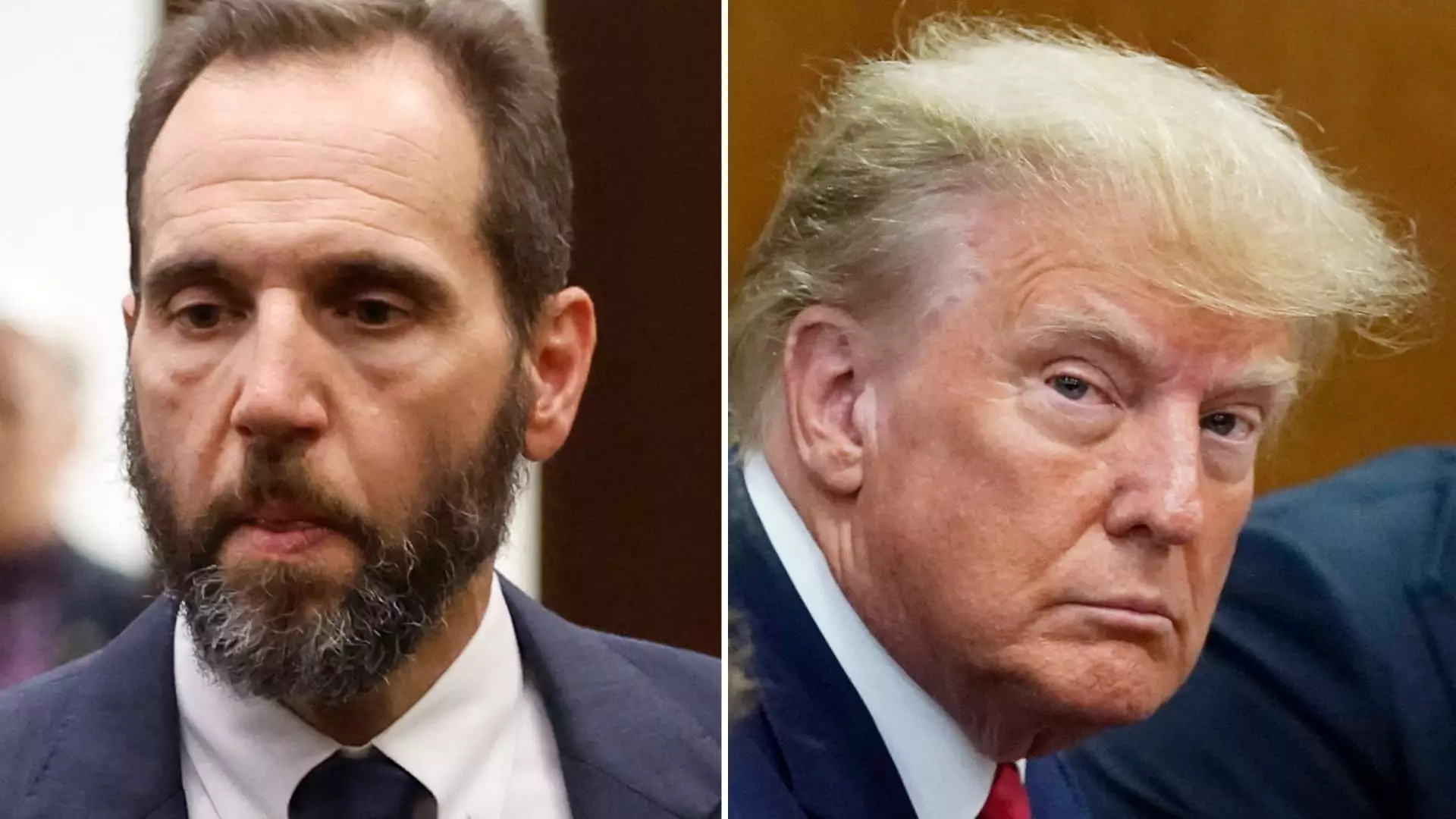The recent dismissal of the criminal case against former President Donald Trump concerning classified documents has sent shockwaves through the political and legal landscape. On a Monday marked by political strategies and possible appeals, U.S. District Judge Aileen Cannon ruled in favor of Trump, asserting that the appointment of Special Counsel Jack Smith violated the U.S. Constitution’s appointments clause. This article will delve into the ramifications of this ruling, the legal arguments involved, and the broader context of Trump’s ongoing legal challenges.
Understanding the Court’s Ruling
Judge Cannon’s decision to dismiss the criminal charges against Trump, as well as those against his co-defendants, Walt Nauta and Carlos De Oliveira, stems from a legal interpretation of appointment powers delineated in the Constitution. The appointments clause mandates that “Officers of the United States” must be appointed by the president and confirmed by the Senate. Cannon’s ruling highlights her belief that Smith’s appointment as special counsel did not adhere to these constitutional requirements. This decision stands out not only due to its implications for the documents case but also because Cannon, having been appointed by Trump himself, casts a unique light on her judgment.
Moreover, the judge’s determination regarding the “permanent indefinite appropriation” of funds for Smith’s prosecutorial office reinforced her argument against the legality of the special counsel’s setup. Through this ruling, Cannon opened the door for a fierce legal debate about the valid boundaries of special counsel appointments. Critics of Cannon consider these emerging interpretations as potentially setting a dangerous precedent that could undermine the efforts of future special counsels.
This ruling coincided with the backdrop of a significant event—the Republican National Convention—where Trump was poised to be formally endorsed as the GOP presidential nominee. The timing of Cannon’s decision raises questions about political motivations and ramifications, particularly in light of a recent assassination attempt involving Trump. As Trump and his supporters rally around this legal victory, the question remains whether this ruling will energize his base or incite opposition at a pivotal point in the electoral process.
Moreover, Trump’s immediate reaction on social media underscores the political dimensions of the ruling. He described the dismissal as a stepping stone towards challenging multiple legal proceedings that he alleges are politically motivated attacks against him. By framing these challenges as orchestrated efforts to interfere with the electoral process, Trump continues to galvanize his supporters, harnessing outrage against perceived injustices while positioning himself as a victim of a politicized legal system.
Looking Ahead: The Implications of Appeals
Despite the dismissal, the situation is far from settled. Special Counsel Smith’s office is expected to appeal Cannon’s ruling to the U.S. 11th Circuit Court of Appeals, a move that could escalate the situation further and possibly lead it to the U.S. Supreme Court. As the legal battles unfold, the implications for Trump’s other ongoing criminal cases cannot be overlooked. His indictment in a federal case in Washington D.C. regarding the efforts to overturn the 2020 election results shares common threads with the arguments made regarding the validity of Smith’s appointment.
While Cannon’s ruling may not directly bind judges in those separate cases, Trump’s legal team is likely to leverage this dismissal to bolster their arguments in front of Judge Tanya Chutkan, who is presiding over the D.C. case. The interplay between these ongoing proceedings exemplifies a complex legal web that could ultimately redefine the dynamics of presidential accountability and the rules surrounding special counsel investigations.
At a broader level, Trump’s legal challenges—ranging from state-level racketeering charges in Georgia to connections with hush money payments in New York—paint a comprehensive picture of a political figure embroiled in controversy. As these cases develop, particularly against the backdrop of an impending election, one must consider how legal interpretations, political contexts, and public sentiment will interplay.
The legal system will face scrutiny as challenges from various fronts could reshape norms relating to candidate accountability and the judicial process in America. As Judge Cannon’s recent ruling is examined by higher courts, it will become increasingly important for the public and legal analysts to assess not only its specific legal implications but also its broader impact on the conduct of future presidential candidates.
As the saga unfolds, observers are left to ponder the potential changes to constitutional law, political discourse, and the future of election integrity in the United States. The coming months will likely provide critical tests of the legal system’s resilience in the face of unprecedented challenges posed by a former president seeking to navigate a treacherous legal landscape.


Leave a Reply